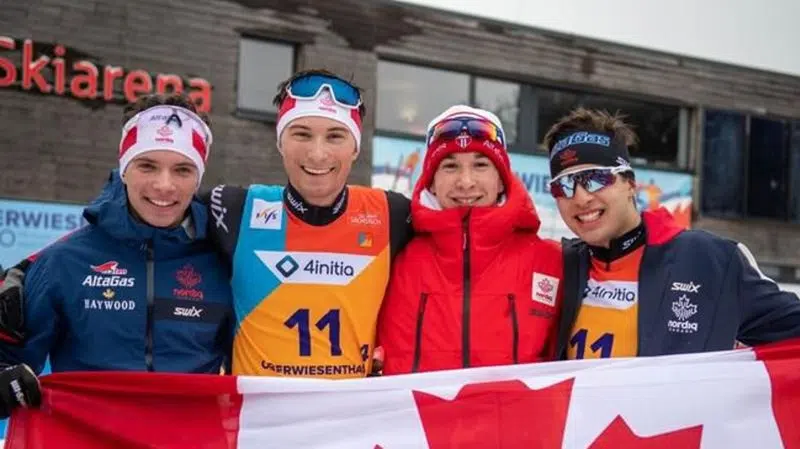
Next ski generation emerges to take cross-country torch from Harvey, Kershaw
Remi Drolet’s first World Cup cross-country ski races were Alex Harvey’s last.
As he chugged across Quebec City’s Plains of Abraham, Drolet could hear race commentators hailing the swan song of the province’s sports hero.
“Just so many fans out there cheering so loud, you couldn’t hear yourself ski or even think at all,” Drolet recalled.
“I remember being really far back in the race and hearing the commentator yell.”
